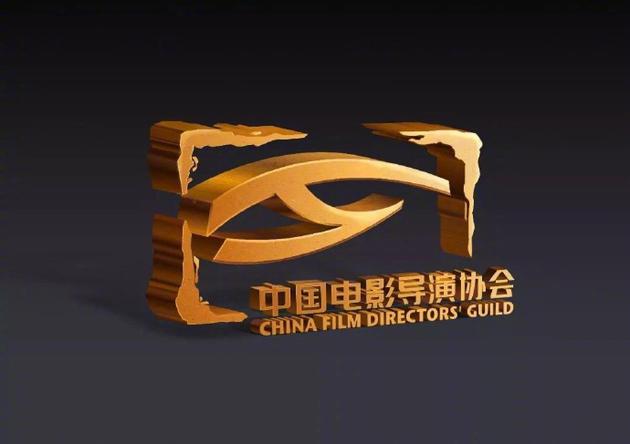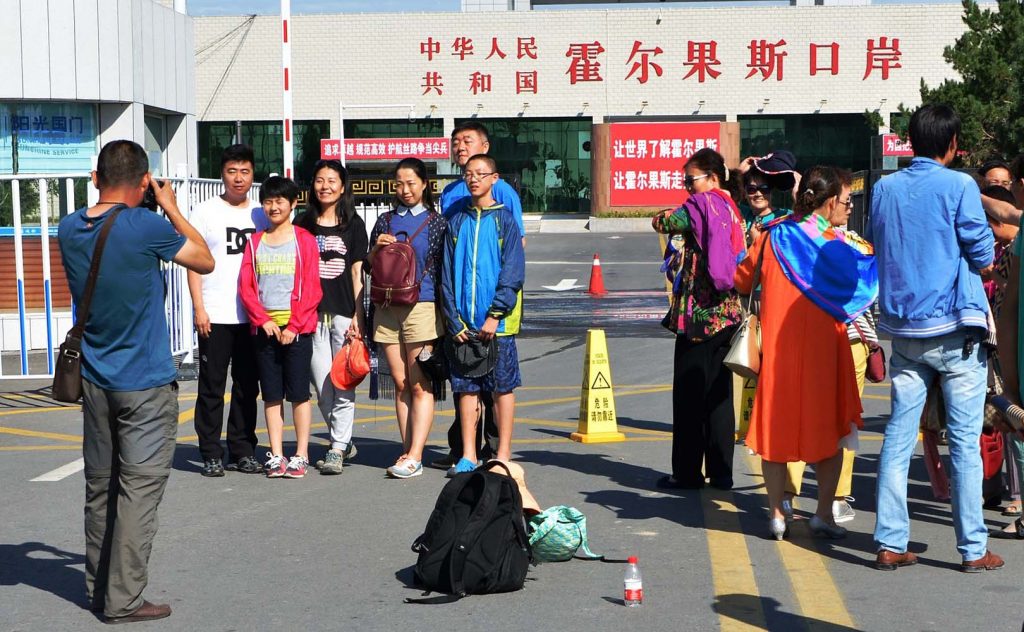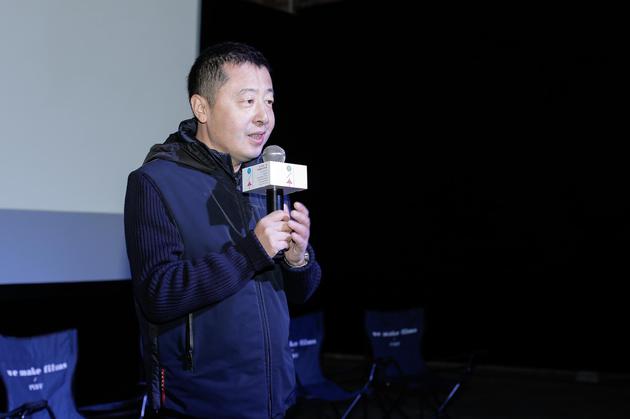China’s film director association has criticized a possible government move to ask entertainment companies to pay previously waived taxes.
In a rare move, the China Film Directors’ Guild, an industry association with high-profile members that include director Zhang Yimou and actress Zhao Wei, has criticized a nascent government clampdown that would require entertainment companies to pay taxes already waived by local governments.
Following the A-list celeb Fan Bingbing’s tax evasion scandal earlier this year, which triggered a supervisory overhaul, some local governments have reneged on previous — and possibly illegal — tax exemptions that were established to beckon entertainment companies to set up shop. Some of those companies have recently received notices from tax departments to pay the previously waived taxes going back three years, prompting an industry backlash.
In a Weibo post on Saturday that has since been deleted, the guild expressed concern over the proposed policy walk-backs calling the situation “unfair.” This is especially true given the companies were set up with encouragement from local governments and most of them were compliant with local tax exemption policies, the association said in the note.
“If the government vaguely and comprehensively orders companies to pay back formerly waived taxes, such a move may suggest that the studios have committed illegal tax evasion, and the tax departments have experienced misconduct,” said the association. “This is unfair to the majority of the law-abiding film and television companies, and it will inevitably lead to doubts about the credibility of local governments.”
“It’s shocking to think that the local tax exemption policies are actually illegal,” a source in the entertainment industry told Caixin, adding that the state’s move contradicts the previous local tax policy.
Over the past few years before the tax crackdown, a large number of companies had flooded to some entertainment industry tax havens — Khorgas in the Xinjiang Uygur autonomous region, Hengdian in Zhejiang province, Wuxi in Jiangsu province, and Shanghai’s Songjiang district. The companies registered in Khorgas, for instance, were exempted from paying any corporate income tax for the first five years after they registered.
However, such tax havens may have lost their glimmer for now as local governments have reduced tax subsidies. A Hengdian studio told Caixin a company that earns 5 million yuan ($725,252) in annual revenue is expected to see its income tax burden surge to 1.7 million yuan from 180,000 yuan previously.
In response to the recent tax clampdown, the committees of directors, screenplay writers, and producers have recently submitted a report to the tax departments, saying that the related departments should communicate with the industry before issuing new orders, Caixin has learned.
The industry committees also held a meeting with tax departments on Nov. 29 to discuss the matter. In the meeting, the tax department said there had been some miscommunication on the implementation of some policies and the overall purpose of the crackdown was to help the industry to develop in a more market-oriented and positive direction, said well-known TV director and producer Hou Hongliang, president of Daylight Entertainment.
It remains unclear how Beijing will revise its tax policies. A number of productions have been put on hold, and the capital to keep them going has run dry for the time being. Only 1,126 new films and TV series were registered with the industry regulator in the third quarter, 11% fewer than in the preceding quarter, according to data from the National Radio and Television Administration. In September, there were only 286 items registered, down from an average of 400 in the earlier months of this year.
– This article originally appeared on Caixin Global.









